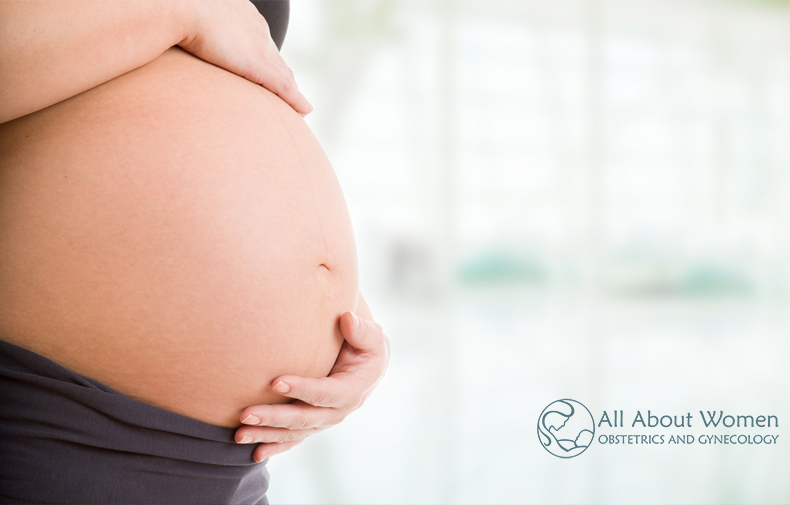
Anemia is a condition that develops when you don’t have a high enough red blood cell concentration or enough healthy red blood cells in your blood. Red blood cells carry oxygen to your body’s tissues with the help of hemoglobin, which is a protein found in red blood cells. Hemoglobin contains a lot of iron, which is the main catalyst for spreading oxygen to your body.
Women most commonly develop anemia because of iron deficiency.
What causes anemia in women?
As we’ve said, a lack of iron is one of the main causes of anemia.
But how does a woman become iron deficient?
The most common reason is pregnancy.
In fact, the World Health Organization (WHO) estimates that 40 percent of women worldwide are anemic during pregnancy.
Other causes of anemia include:
- A diet lacking proper nutrition
- Other vitamin or mineral deficiencies
- Heavy blood loss
- Inflammation from certain chronic diseases
- Leukemia or other cancers that affect the blood
- Intestinal disorders (i.e. Crohn’s disease)
- Heavy use of alcohol
Common symptoms of anemia in women
Sometimes symptoms are not present or noticeable if your anemia is mild. But as it progresses or becomes more severe, here are the symptoms to watch for:
- Fatigue or lack of motivation
- Dizziness or weakness
- Shortness of breath
- Reduced productivity
- Unexplained headaches
- Low body temperature
- Yellow-ish skin
- Irregular heartbeat
If you notice you’re developing some of these symptoms (especially if you’re pregnant), talk to your doctor right away.
How do I prevent or treat anemia during pregnancy?
The best way to prevent anemia is to take prenatal vitamins during pregnancy that are high in folic acid. Also eating foods that are rich in iron (such as meats, eggs, fish, peas and beans) can help boost your folic acid intake and prevent anemia.
If your anemia is primarily a result of too little iron in your blood, changing your diet and taking an iron supplement is generally enough to boost your hemoglobin levels. In addition, you can take vitamin C or eat foods containing high levels of vitamin C (citrus fruits, tomatoes, broccoli, etc.) because this helps your body absorb iron.
Always talk to your doctor before starting any supplementation though, because it may not be enough depending on the reason and severity of your anemia. Sometimes a procedure or blood transfusion becomes necessary.
Does anemia affect my baby during pregnancy?
During pregnancy, you need about twice as much iron as when you’re not pregnant. Iron helps support the growth of your baby. If your baby is not getting enough iron, it is more at risk for low birth weight or premature birth. Since both of these things can cause problems with development in your child and pose a risk for serious complications, it’s important to test for anemia during pregnancy.
Talk to your doctor about anemia
If you’re concerned you may have anemia, talk to your doctor about any symptoms you’re experiencing and discuss the best treatment options for you. Anemia can affect your energy severely. It’s important to address it quickly so it doesn’t keep you from regular activities or work. Iron-deficient anemia can also put your baby at risk if you’re pregnant, so talk to your doctor at the first possible sign.


